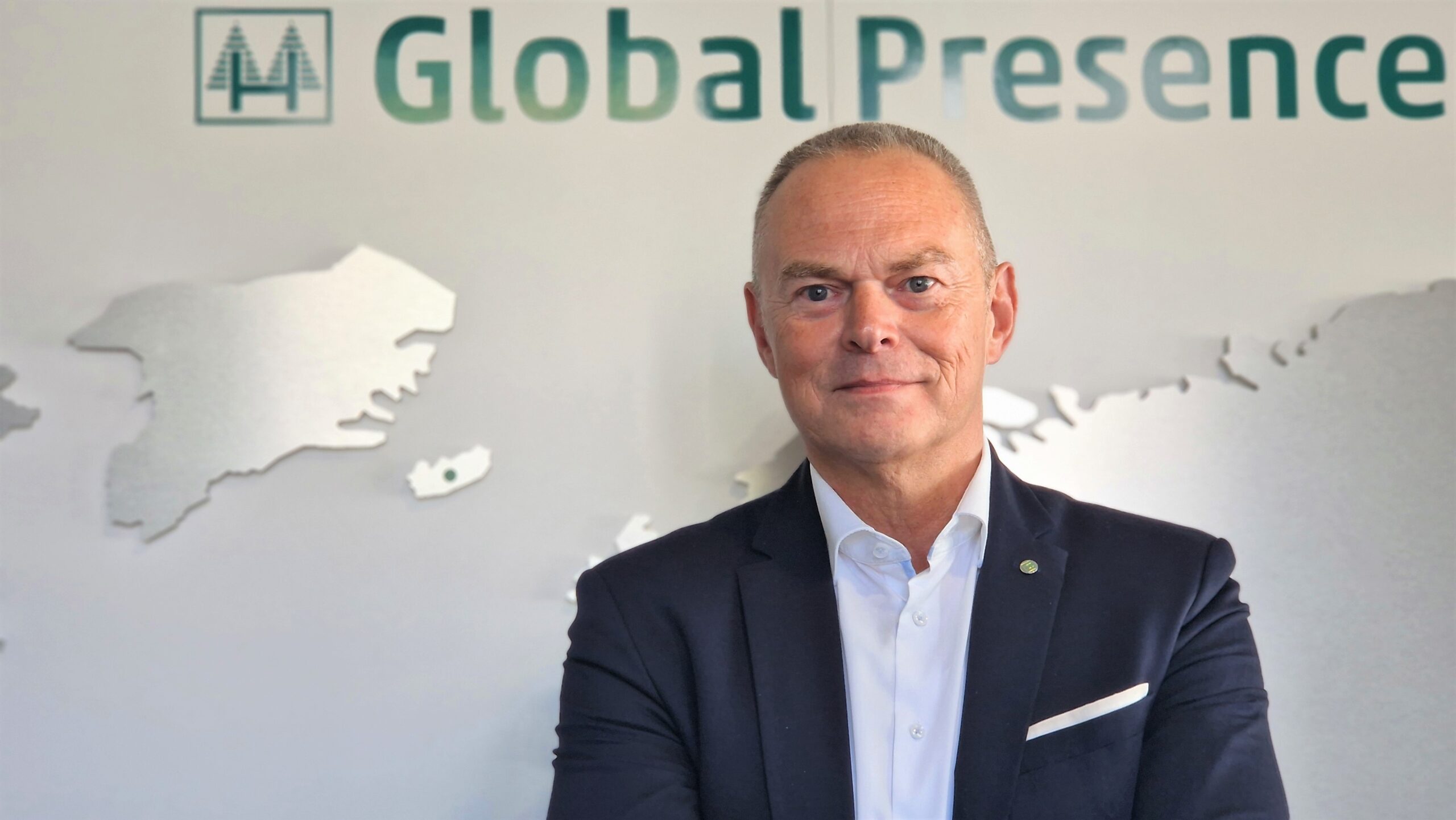Bernhard Riegel

Bio
Dr. Bernhard Riegel completed his Ph.D. in Inorganic Chemistry at the University of Stuttgart in 1994. Subsequently, he undertook several research stays, including at the Max Planck Institute for Solid State Research in Stuttgart, followed by a research stay at the University of Texas in Austin. From 1998 to 2000, he worked at the Center for Solar Energy and Hydrogen Research in Ulm, focusing on electrochemical storage technologies such as lead-acid and NiMH. Since 2001, he has been engaged in research and development at HOPPECKE Batterien GmbH & Co. KG. In 2003, he assumed the leadership of research and development for the entire HOPPECKE Group. In 2007, he played a pivotal role in establishing HOPPECKE Advanced Battery Technology GmbH (INTILION GmbH), introducing lithium-ion technology to the industrial battery market at HOPPECKE.
Dr. Riegel serves as an advisor to Battery Research Germany (BMBF), Associate Delegate of the Battery European Partnership (BEPA), advisor to FFB Münster, and Task Force Innovation Leader at EUROBAT.
The market for stationary battery energy storage systems (BESS) has been growing strongly around the world for several years. The areas of application for BESS range from ancillary services to reductions in commercial power prices, to an increase in solar self-consumption in private homes. This wide range of applications, combined with the strong market growth, has led to significant demand of suitable electrochemical storage systems for BESS.
Energy storage systems will be a key element in a successful energy transition, enabling a de-fossilized, renewable and supply-safe energy system. A variety of energy storage technologies are currently available in the market, from the classic pumped hydro storage, heat storage, and power-to-X solutions to battery storage. Worldwide, battery storage systems have been showing rapid growth over the last years and is expected to continue. While many institutions agree on continuous growth, actual estimates and forecasts differ significantly from each other. The estimated yearly demand in 2030 differs between 475 to 850 GWh and CAGR of 30 to 44% (2020-2030).
Until today, only a select few electrochemical storage systems have attained a sufficient market readiness level for integration into BESS. Among the suitable technologies are lithium-ion, redox-flow, and high-temperature sodium batteries, including Na-NiCl2 and Na-S variants, alongside lead batteries.
This presentation will explore the potential of lead batteries in large-scale energy storage systems. Their technical features, performance metrics, and how well they fit into BESS applications will be discussed.


